Op-Ed: Teaching Black literature at Lafayette: A reconsideration
March 25, 2022
As two faculty members of long-standing association with the Lafayette College English Department (we were both hired in the 1980s), we read with interest Shirley Liu’s article on “The Past, Present, and Future of Teaching Black Literature at Lafayette” (March 4, 2022). It was a pleasure to see Professor Fred Closs’s name in print again. His course, “The Black Man in America,” was offered in 1969, a year before the first women students were admitted to Lafayette. It represented an extraordinary effort by Professor Closs and the English Department to respond to the expressed needs and interests of African American students, who at the time were calling out in numerous ways for significant institutional change.
While we can’t speak to the curricular developments between 1969 to the mid 1980s without undertaking thorough archival research, we can offer a personal perspective on the past four decades by inserting into Liu’s story the work of three remarkable colleagues and friends. They are Professors Susan Blake, Bryan Washington and Ian Smith.
Professor Blake was a white woman hired by the English Department in 1974 as its first African American specialist, and her presence was transformative. She taught Black writers and Black woman writers under various course rubrics, contributed greatly to the newly established Africana Studies program, and was determined and unrelenting in her efforts to diversify the entire department curriculum, from introductory writing and literature to advanced seminars in American literature. We need to keep in mind that titles don’t necessarily tell the full story about content; from the early 70s to 90s to today, even courses with titles as vague as “Freshman Writing” might require texts written by Black authors, such as The Bluest Eye; Invisible Man; Narrative of the Life of Frederick Douglass, an American Slave; The Autobiography of Malcolm X, and many others.
The name of Professor Washington may still be familiar to some Lafayette students, since his untimely death occurred only a few years ago (2016). Hired in 1987, he taught courses not only in African American literature and theory, but in American modernist literature whose racialist logics he examined eagerly, passionately, and with considerable pedagogical and scholarly skill. He was among the College’s most talented and best-known professors (a two-time recipient of the Student Government Superior Teaching Award), and his loss is still being felt.
Professor Ian Smith, the Richard and Joan Sell Professor in the Humanities (hired in 1991) is, of course, a full-time faculty member known to Lafayette students as the department Shakespearean and the sponsor of valuable campus symposia on the subject of Shakespeare and race. His groundbreaking work on race, particularly blackness in the early modern period, has been internationally heralded. He has also brought to the College a much needed global perspective on racial matters in his courses on International Literature, Race Theory, and his version of Literary History (race in a transatlantic, historical perspective), especially important given its role as a gateway to the English major.
Disciplinary histories are always complicated, tricky to write, and ever in need of ongoing revision. The work of these three remarkable teachers, scholars, and friends is an essential part of the story. It is our great pleasure to provide it.

























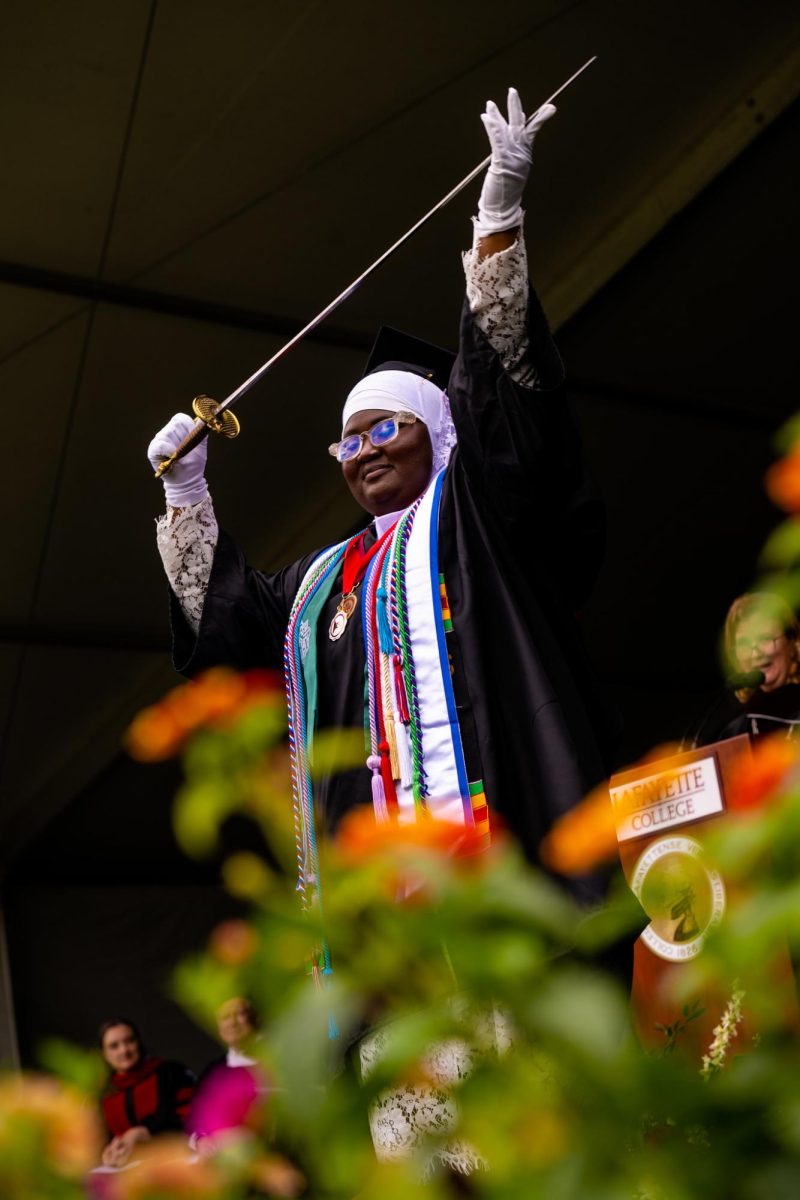


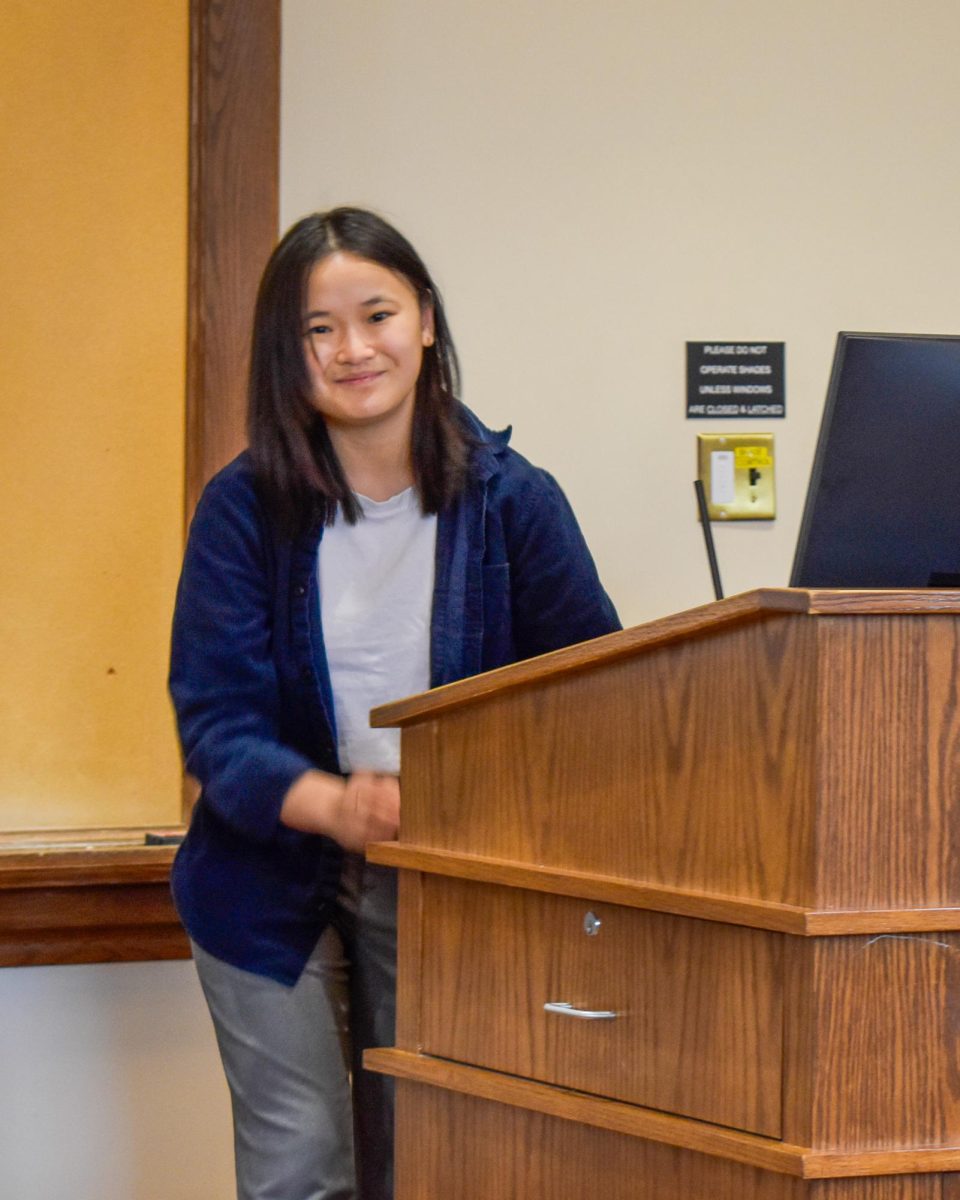
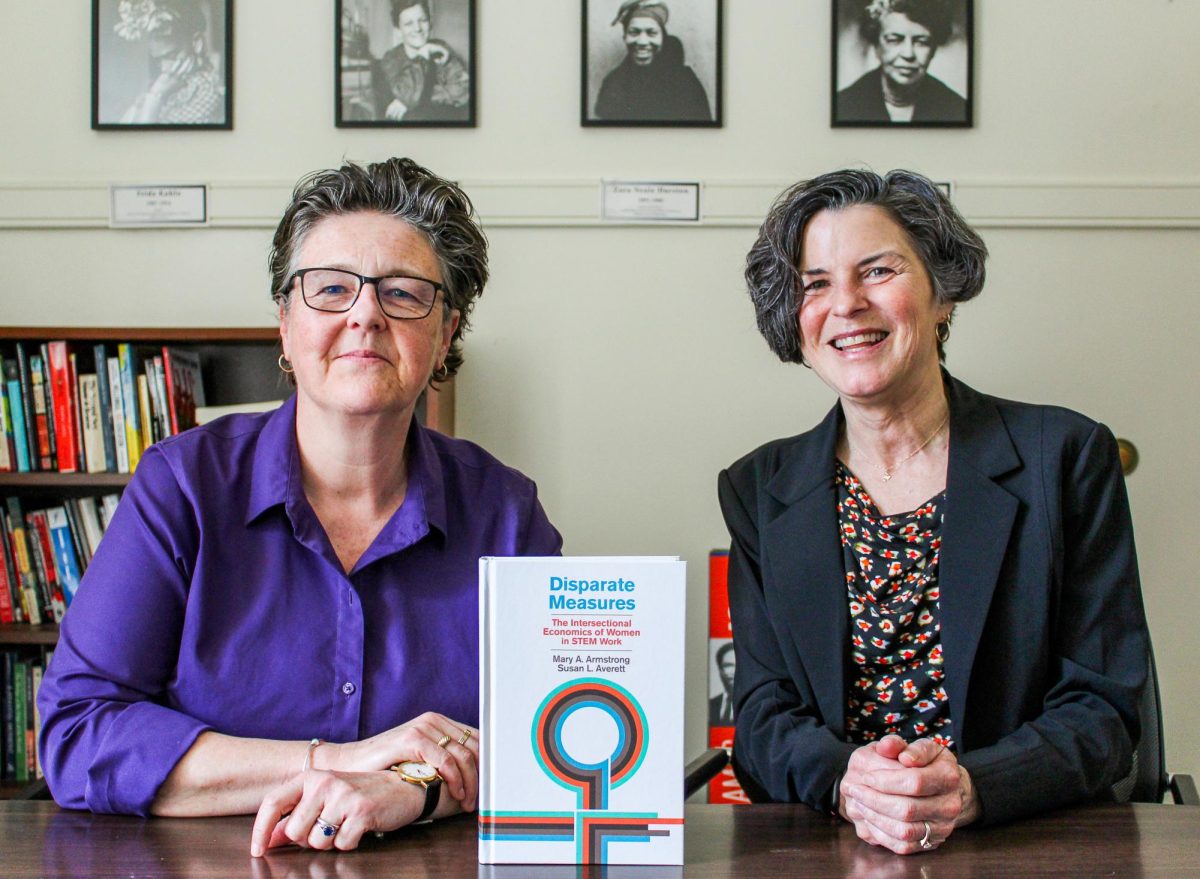

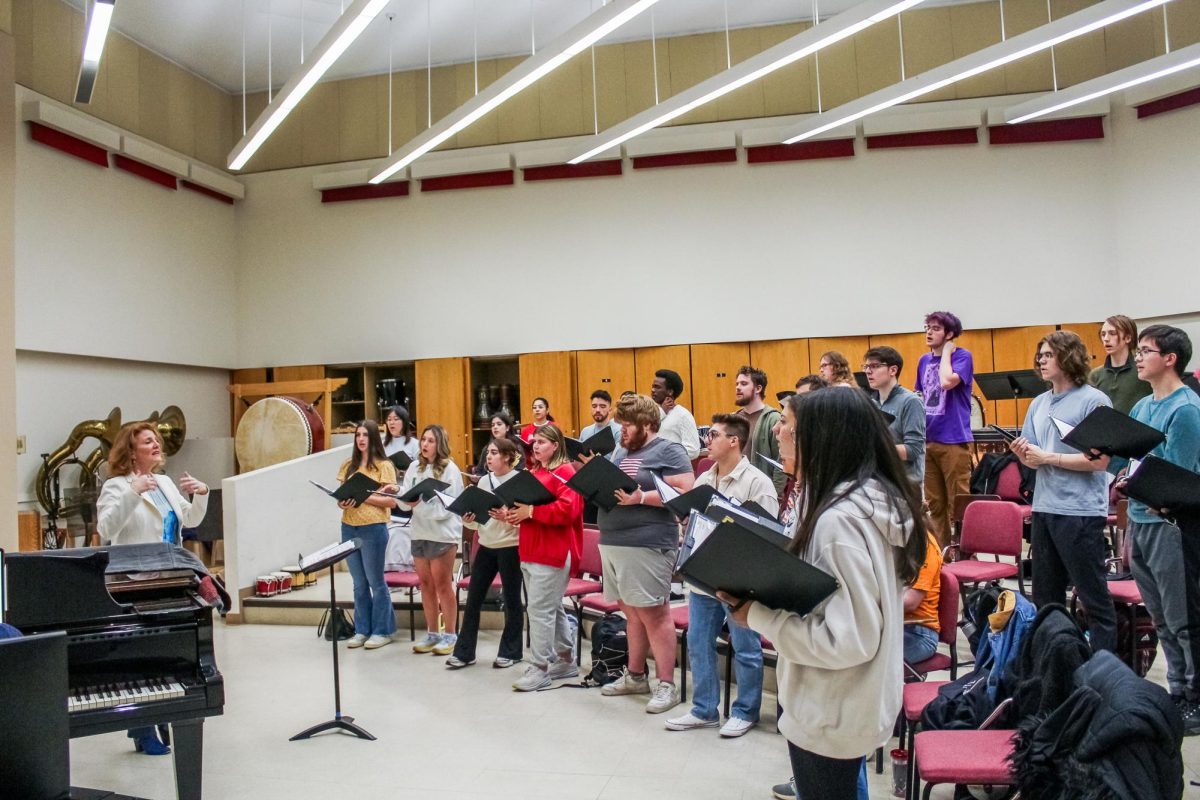






























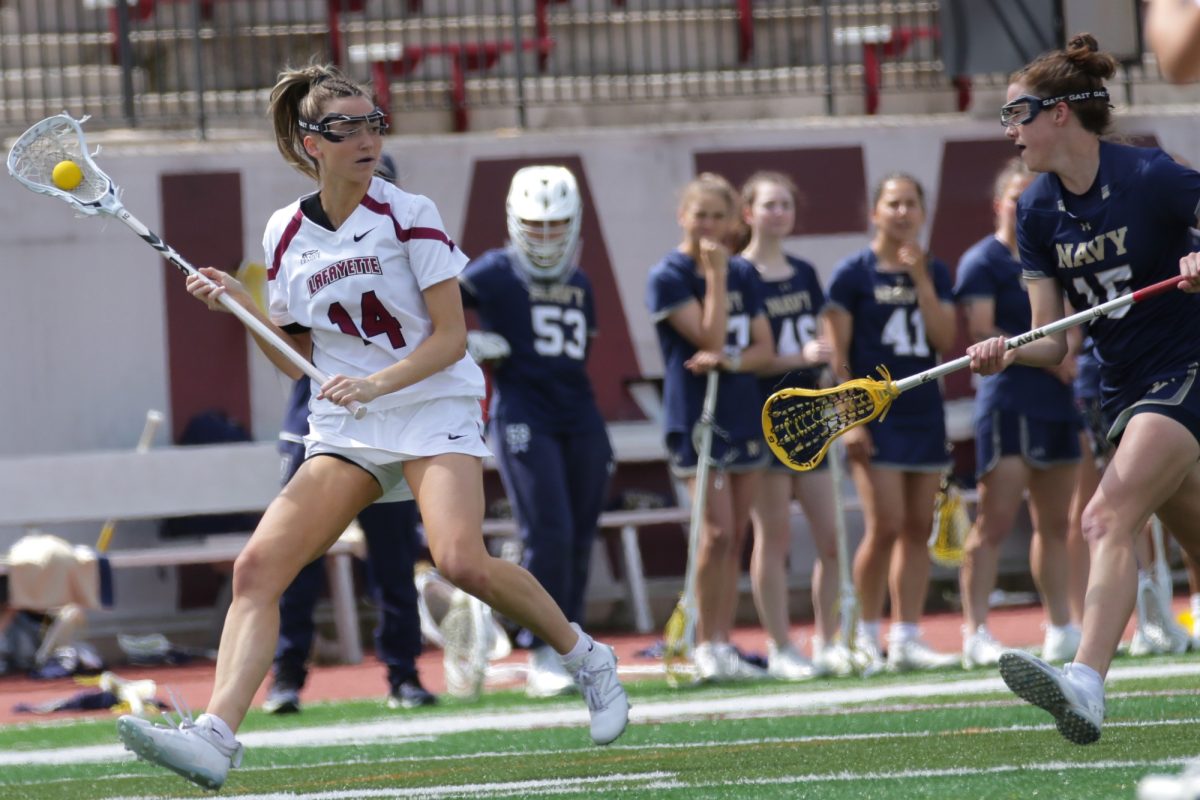
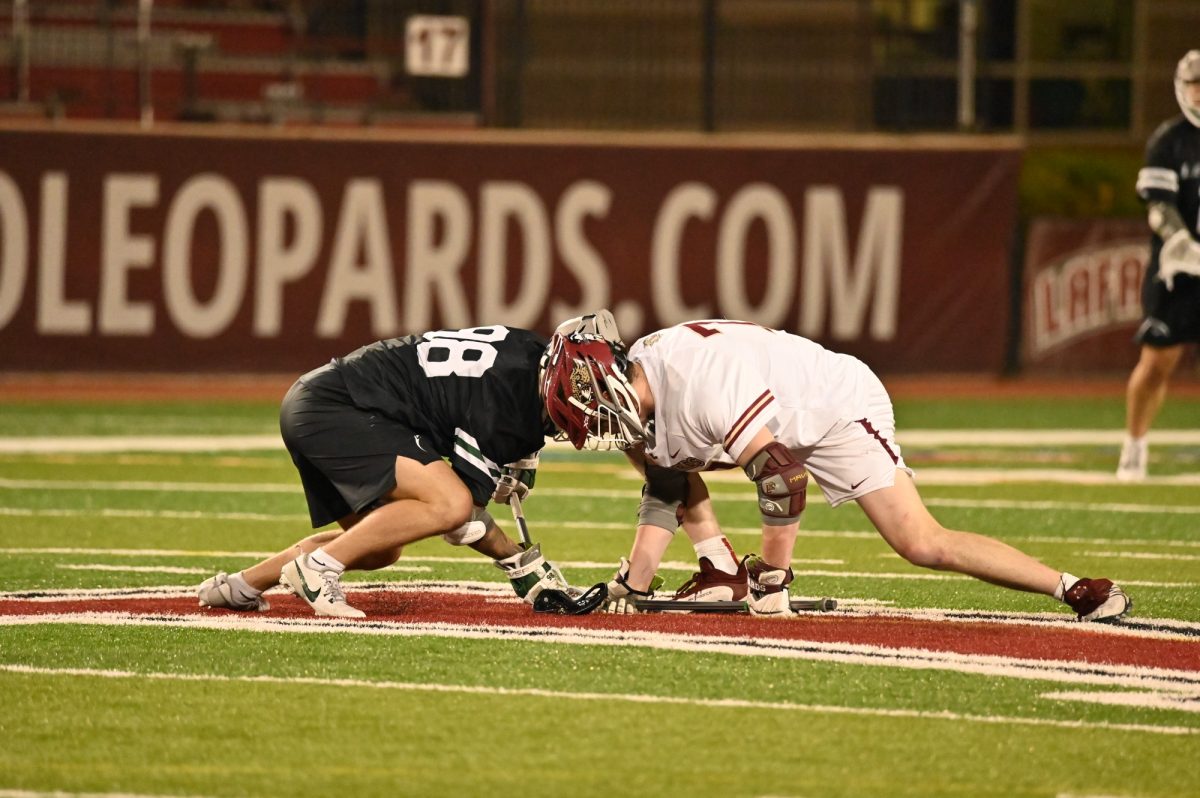












































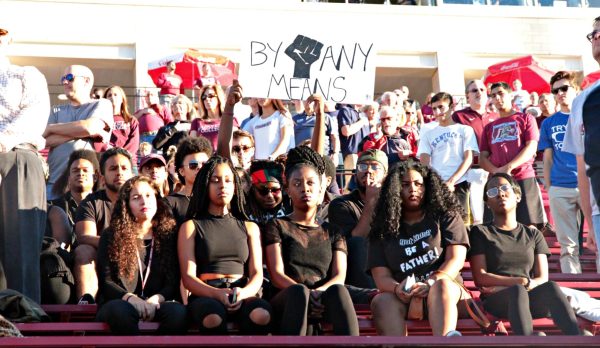
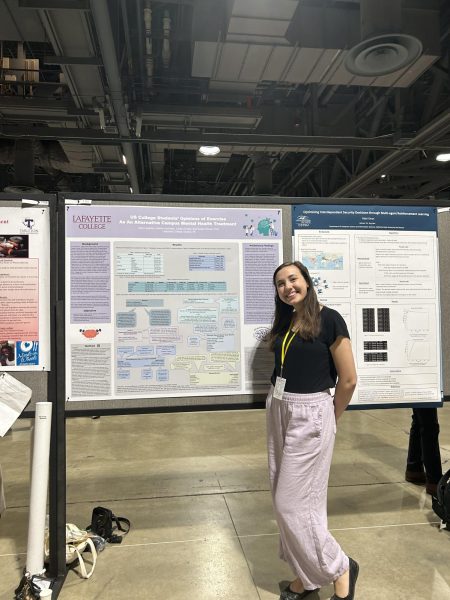
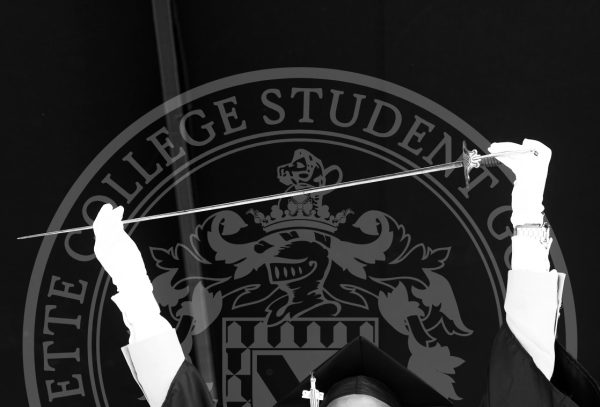
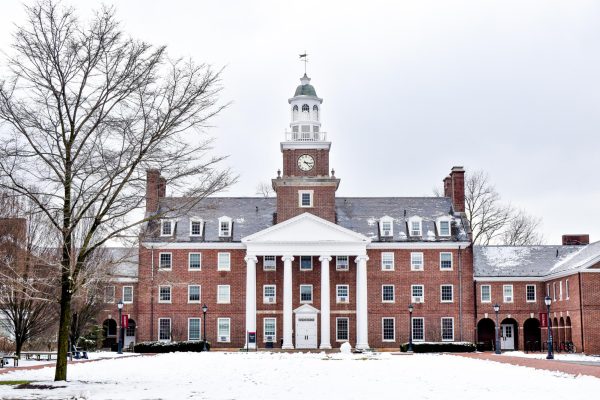

Wendy Wilson-Fall • Mar 25, 2022 at 12:20 pm
Professors Donahue and Byrd, thank you for reminding us of these stars who were/are well know at Lafayette and well-beyond. I, too, miss Bryan Washington although I only knew him for a short while. I am still inspired by the brilliant black Shakespeare colloquium we had on campus a few years ago, which was really intellectually stimulating and brought in some of the best, if not the best, minds in that field.